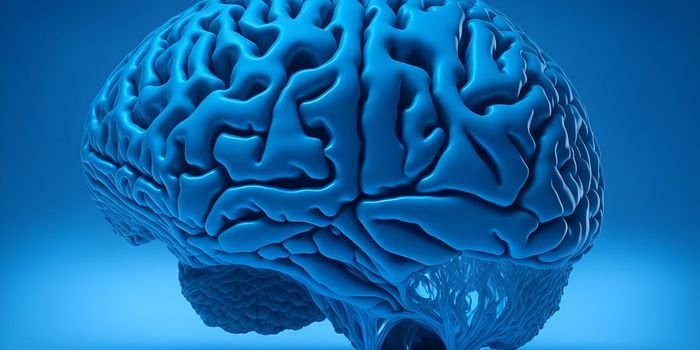CBD for Treating Estrogen Deficiency in Postmenopausal Women
Despite many of the stigmas it carries, cannabis and its various compounds have been explored for a variety of health and medical uses, with positive outcomes. Cannabidoiol (CBD), a non-intoxicating component of hemp and certain types of medical marijuana, has regularly been used in the treatment and management of many physical conditions, such as pain, inflammation, and more. It’s also been used in the treatment of mood disorders, like depression and anxiety.
A new study explores whether CBD compounds could be an effective way to treat post menopausal women and estrogen deficiency. The study, conducted by a team of researchers at Rutgers University, is published in a recent issue of Frontiers in Pharmacology.
Researchers sought to understand and provide preclinical evidence of CBDs use as a treatment for postmenopausal women, building on anectodal evidence from women who already use CBD to manage menopause symptoms. In the study, researchers administered peanut butter with CBD to mice that were estrogen-deficient, replicating a similar scenario to experiencing menopause. Some mice also received peanut butter with no CBD for comparison. Researchers found that in mice who received CBD, several of the mice’s biomarkers improved significantly, including better glucose levels, improved bone density, and overall less inflammation. Ultimately, the results of their mice studies suggest CBD has potential as a treatment for helping women in the transition to menopause.
Menopause, which usually starts, on average, when women reach the age of 50, is accompanied by a significant decline in estrogen levels. This decline is responsible for a number of subsequent health conditions, such as changes in metabolism, inflammation, and worsened bone density. Currently the only available treatment options for women in menopause include hormone replace therapy to help improve estrogen levels. However, hormone replacement therapy efficacy varies widely, and can even lead to health risks in older women, such as an increased risk of stroke or blood clots.
Sources: Eurekalert!; Frontiers in Pharmacology








